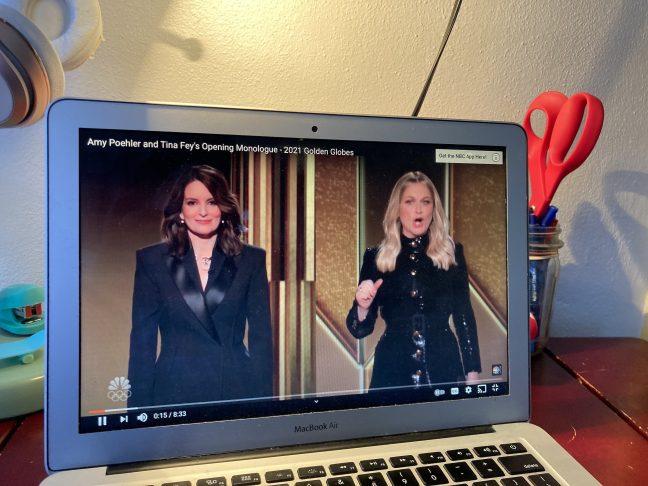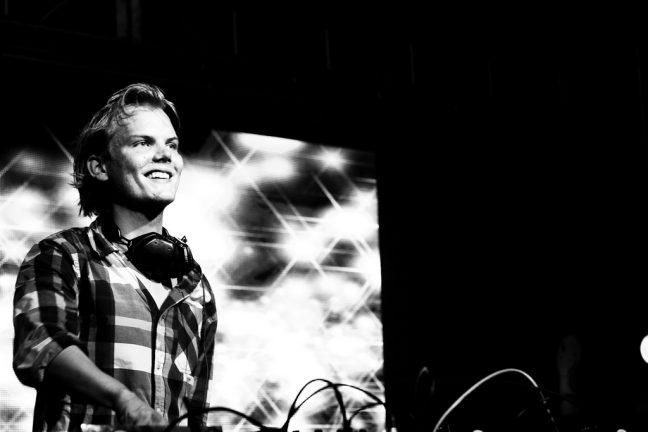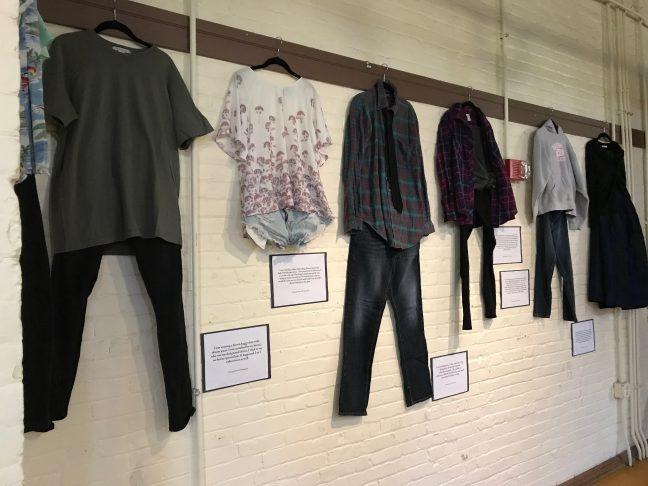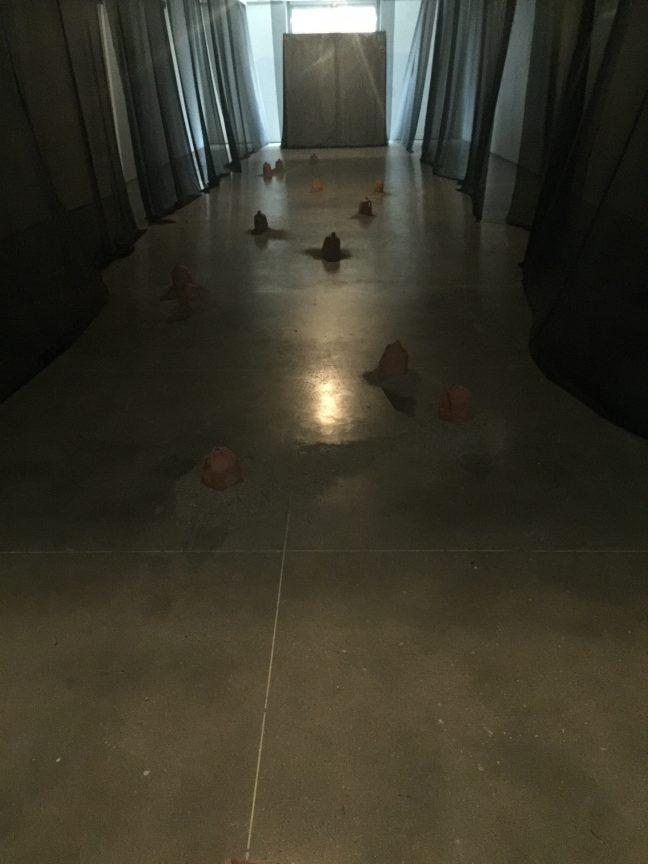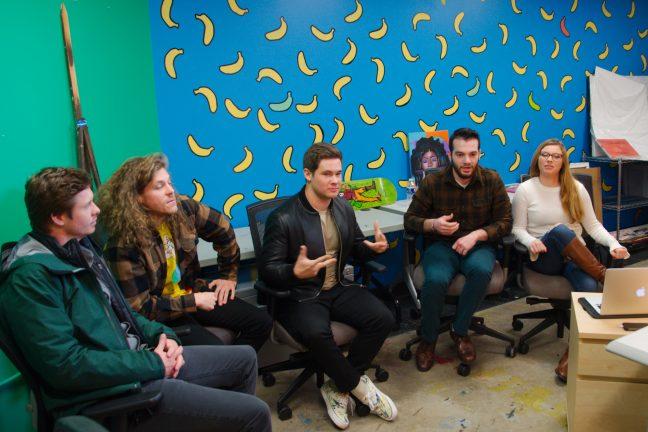
She unknowingly boosted medicine into the 20th century, becoming a martyr for science. And for decades, the heroine’s identity was as much a mystery to the public as her unwitting scientific contributions were to her own family.
The cells collected from Henrietta Lacks’ cervical cancer tumor were the first immortal cells – that is, her cells were able to reproduce indefinitely in a lab culture outside of the body without dying. The fact that these cells could be produced, eventually on a massive scale, has allowed for virtually infinite series of tests on human cells that could never be performed on a human being.
More than half a century after her death in 1951, Henrietta’s identity and her story, are available to the public. Thanks to Rebecca Skloot, author of “The Immortal Life of Henrietta Lacks,” Henrietta, the woman who suffered an excruciating battle with cervical cancer, achieves immortality akin to that of her malignant cells.
Rebecca Skloot wrote the book on Henrietta Lacks and her cell line, labeled “HeLa” from the first letters of her name; a standard naming method for such materials acquired from patients. Oct. 25 at 7 p.m., as the sun sets above the Kohl Center, Skloot will make an appearance inside to lecture on “The Immortal Life of Henrietta Lacks” and respond to questions as part of UW’s Go Big Read program.
The overall goal of the program, in its second year, is to facilitate a common book reading throughout campus and the community to provoke thoughtful dialog on a spectrum of issues. An ongoing exhibit located in Ebling Library called “Informing Consent: Unwitting Subjects in Medicine’s Pursuit of Beneficial Knowledge” is open daily with easy access to further information on the relevant topics.
Even without the supplement, Skloot’s work is a perfect tool for sparking debate, as it is saturated with painstakingly researched details. It brings out questions regarding ethics in science and medicine alongside social issues of race, poverty and a person’s right to his or her own body. There is no denying that these issues are hot topics today, and they should bring lively discussions to the Kohl Center Monday night.
Skloot’s fascination with Lacks and her cells began in a community college course taken for high school credit in 1988. Like many, she learned about the HeLa line briefly during a lecture. Unlike most, she expressed a keen interest in the cell line’s “mother.” Uniquely, she followed that line all the way back to its source. The closest she could get was the family, a task that proved more difficult than it sounds. Her narrative of the investigative process acquires a detective-like tone, creating a lively journey in pursuit of her goal. This somewhat fanatical search mission makes the book more than just a tool for discussion, and more than a textbook of dry data. There is clearly justification for why it has become a critically acclaimed work of creative nonfiction.
If you have not already located a copy of “The Immortal Life of Henrietta Lacks,” it is readily available to borrow from campus libraries or purchase at the University Book Store. Of equal interest on this topic but a quicker read is Skloot’s article in “The New York Times Magazine” published April 16, 2006, titled “Taking the Least of You” which expands on the issue of property rights over cell research tissue. It came along during the time frame of her Lacks research.
Take time to read Skloot’s work, and submit a question for her on Go Big Read’s website (gobigread.wisc.edu). Yours may be selected to ask Skloot during her Oct. 25 presentation. It’s not every day that an award winning author with connections to immortality visits this campus.









